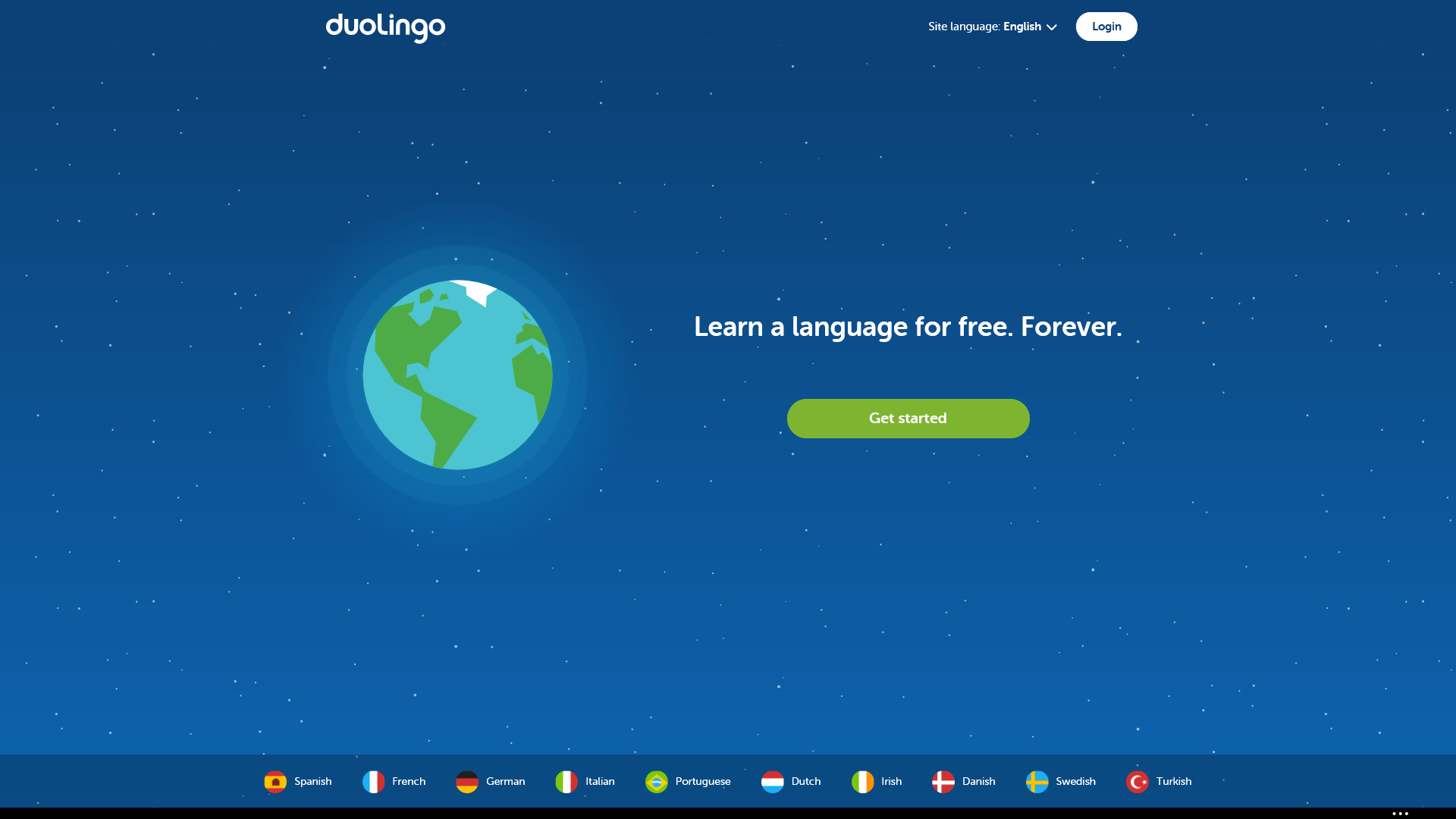
It’s just one of the most interesting/rarely offered languages, so it’s cool that Duo is working on it.
#DUOLINGO INCUBATOR HEBREW SERIES#
Tinycards is a series of flashcards you can use to review and practice topics. Today they dropped Tinycards right out of thin air. How will they tackle teaching you Chinese symbols, or Japanese, which uses Chinese symbols AND has two syllabaries of its own?īut alas, they were ahead of me yet again. I’ve been obsessively checking their incubator page to see when they’re going to release Chinese (Mandarin) and Japanese, which are my favorite languages. So, as you can see, I love Duolingo, and am overly critical of it because I am so JEALOUS that they beat me to creating something I wanted to make. (I also think Human Japanese is a great example of a language learning app that actually helps you understand the “why” and “how” of a language.) I can’t hate!īefore going to Brazil, I used Pimsleur audiobooks to practice Porgtuese, and had much more better luck actually speaking the language. Fast forward to now, when Duolingo offers Vietnamese, Hebrew and Russian, and is working on Korean, Hindi and even Yiddish*, to name a few. Again, to be fair, that may be because to get outside of Europe, it often would have to accommodate other writing systems, and it doesn’t have the infrastructure to teach you Chinese symbols, a syllabary, an alphabet, etc. It seemed, initially, to prioritize European languages, and nerd languages like Klingon, over more commonly spoken languages.To be fair though, this lack of context is a popular “immersion learning” style that is also favored by Rosetta Stone. Maybe most people don’t want/need to know those things.

Duolingo does zero explaining of why sometimes “book” is one word, and sometimes it’s another. I had never taken German in school, so the word order, syntax, noun declensions, etc. If you didn’t study the language in college, Duolingo is not going to be very comprehensive.I was not very well prepared, despite having passed all the levels. I went to Portugal and attempted to speak Portuguese the year I discovered Duolingo. Most of their experience is playing a game, with little effort to help you understand the “why” behind the language, or make you practice speaking out loud. It doesn’t prepare you that well to actually speak the language abroad.But eventually I grew to have a few problems with it: The user experience of Duolingo is addictive, and delightful. I spent countless hours on Duolingo moving through every course they offered at the time: Spanish, Portuguese, Italian, French and German (I am a major foreign language nerd).

#DUOLINGO INCUBATOR HEBREW PLUS#
They had almost the exact same mission statement, plus a cool backstory, a really creative business model, and funding by people like Ashton Kutcher. I have a love/hate relationship with Duolingo. There was a time a couple years ago where I sat and thought, “I have a great idea! I should start an app company that offers affordable courses in foreign languages using beautiful design.”Ĭue to two hours later, when I discovered Duolingo.


 0 kommentar(er)
0 kommentar(er)
